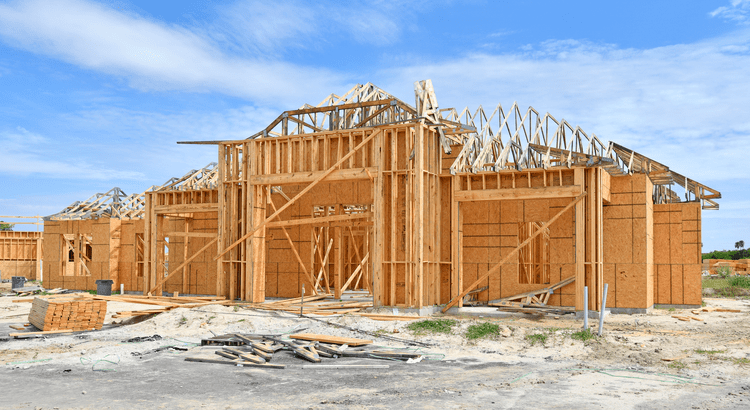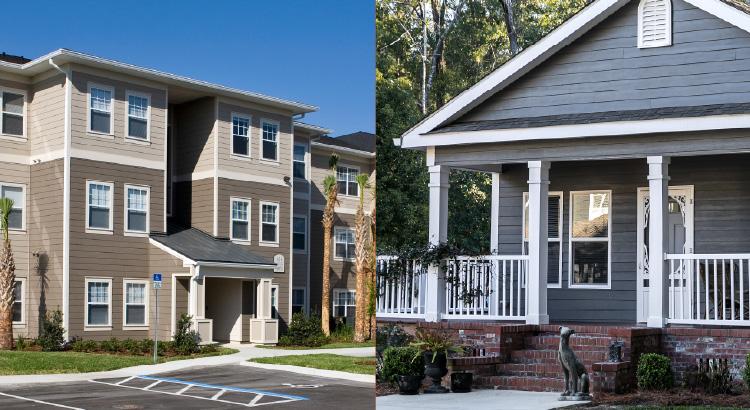
Rising Inventory Means This Spring Could Be Your Moment
Want to know two reasons this spring might finally be your time to buy? Inventory has grown and sellers may be more willing to negotiate as a result. That means you’ve got more options and more power than buyers have had in years. Let’s break it down.1. You Have More Homes To Choose FromThe number o

Should I Buy a Home Right Now? Experts Say Prices Are Only Going Up
At one point or another, you’ve probably heard someone say, “Yesterday was the best time to buy a home, but the next best time is today.”That’s because nationally, home values continue to rise. And with mortgage rates still stubbornly high and home prices going up, you may be holding out for prices

Headed Back Into the Office? You May Decide To Move
It’s no secret that remote work has surged over the last few years. And that flexibility gave a lot of people the freedom to move — and work — from wherever they wanted.But now, a growing number of companies are requiring employees to return to the office. And that’s leading some people to make deci
Categories
Recent Posts











